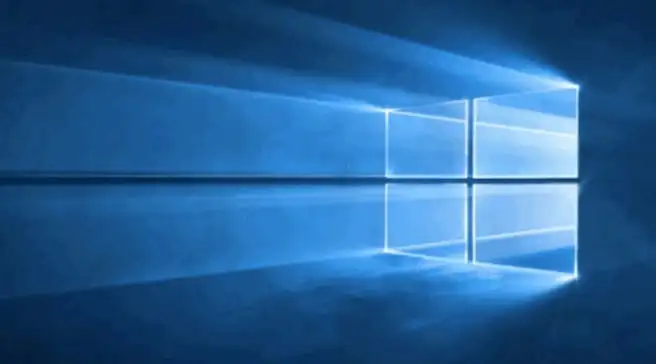We are slowly but surely seeing Microsoft push into the PC gaming space with their UWP (Universal Windows Platform) and Epic’s Tim Sweeney has posted on The Guardian to air his concerns.
In a frank and passionate post he explains why UWP has to be an open platform but states he’s not against a Windows 10 store.
“I believe Microsoft has every right to operate a PC app store, and to curate it how they choose, says Sweeney. “The specific problem here is that Microsoft’s shiny new “Universal Windows Platform” is locked down, and by default it’s impossible to download UWP apps from the websites of publishers and developers, to install them, update them, and conduct commerce in them outside of the Windows Store.”
The Windows 10 store is short on quality releases which Sweeney says it’s an “embarrassment”.
“Seven months after the launch of Windows Store alongside Windows 10, the place remains devoid of the top third-party games and signature applications that define the PC experience. Where’s Photoshop? Grand Theft Auto V? Fifa 2016?”
Sweeney wants to rally the industry against UWP adding:
“Their actions speak plainly enough: they are working to turn today’s open PC ecosystem into a closed, Microsoft-controlled distribution and commerce monopoly, over time, in a series of steps of which we’re seeing the very first.
“We wouldn’t let Microsoft close down the PC platform overnight without a fight, and therefore we won’t sit silently by while Microsoft embarks on a series of sneaky manoeuvre aimed at achieving this over a period of several years.”
Following Sweeney’s post, Microsoft’s Kevin Gallo, corporate vice president of Windows at Microsoft, issued a statement to the Guardian in response.
“The Universal Windows Platform is a fully open ecosystem, available to every developer, that can be supported by any store. We continue to make improvements for developers; for example, in the Windows 10 November Update, we enabled people to easily side-load apps by default, with no UX required.
“We want to make Windows the best development platform regardless of technologies used, and offer tools to help developers with existing code bases of HTML/JavaScript, .NET and Win32, C+ + and Objective-C bring their code to Windows, and integrate UWP capabilities. With Xamarin, UWP developers can not only reach all Windows 10 devices, but they can now use a large percentage of their C# code to deliver a fully native mobile app experiences for iOS and Android. We also posted a blog on our development tools recently.”
You can read Sweeney’s full post over on The Guardian.







Published: Mar 4, 2016 12:40 pm